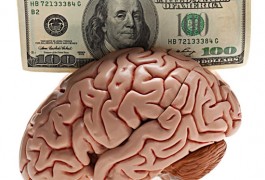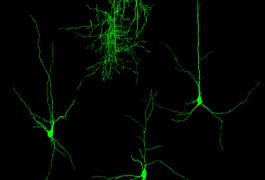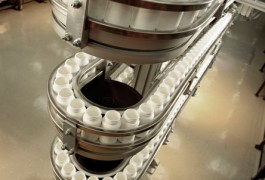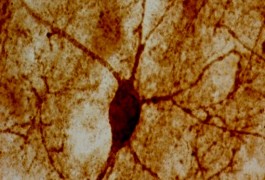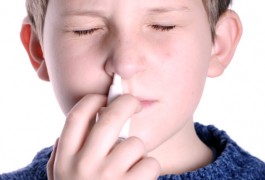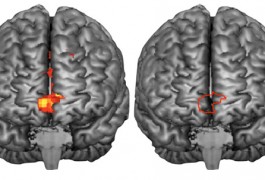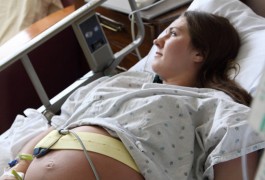Autism not a fundamental problem of attention, study says
Toddlers with autism pay less attention to faces than do healthy controls, but both groups give equal attention to objects, according to a study published in the Archives of General Psychiatry. The findings challenge the idea that individuals with autism have a generalized problem with attention, suggesting instead that they struggle with attending specifically to social stimuli, researchers say.








